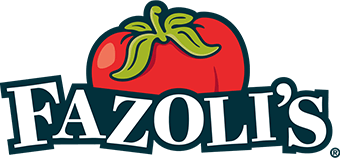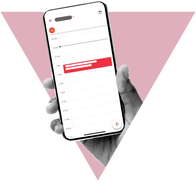Customer Stories
Customer Stories

Yext Case Study
Case Study: Samsung Increases Customer Satisfaction and Streamlines the Resolution Journey with Yext Help Site Search
Case Study: Samsung Increases Customer Satisfaction and Streamlines the Resolution Journey with Yext Help Site Search
Within just a few months, Samsung experienced a significant lift in NPS and CSAT by launching a Yext-powered Help Site.


Yext Case Study
Case Study: Casio Visitors Convert 3x More with Yext's Commerce Solutions
Case Study: Casio Visitors Convert 3x More with Yext's Commerce Solutions
The global electronics company launched Yext-powered search to boost conversion rates, lower support costs, and improve the overall user experience of its website.


Food
Case Study: Fazoli’s Uses Yext to Triple Online Sales
Case Study: Fazoli’s Uses Yext to Triple Online Sales
Fazoli's sees 3.6x growth in online sales after kicking off a Yext-assisted digital transformation.


Telecommunications
Case Study: Cox Communications Provides Direct Answers to Customer Questions With Yext
Case Study: Cox Communications Provides Direct Answers to Customer Questions With Yext
Using Yext Search, Cox Communications experienced a 51% increase in site search conversion rate and a 59% decrease in repeat on-site searches.

Explore More Resources
Explore More Resources



